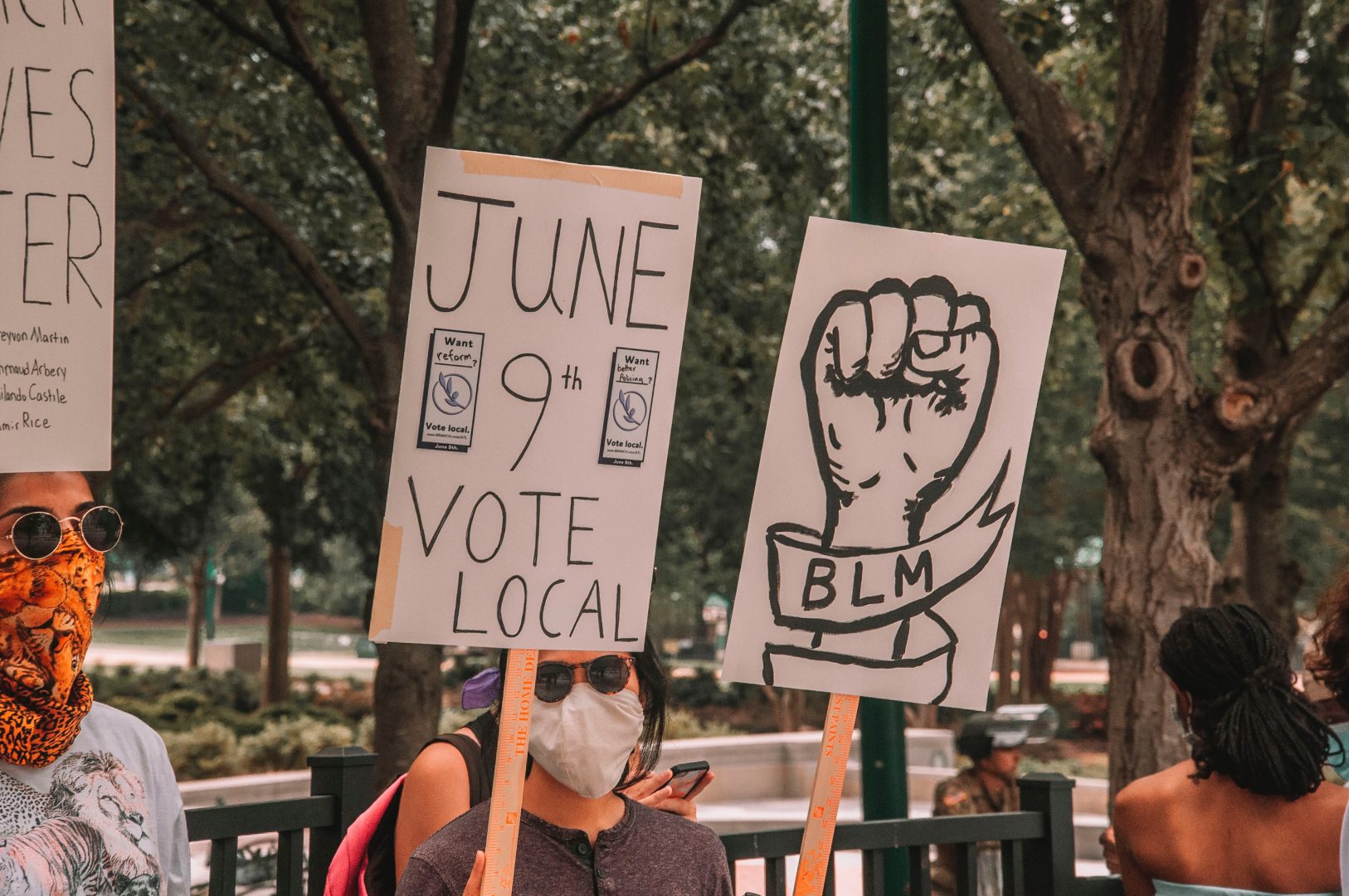Voting for Justice is a comprehensive electoral and policy accountability project of the NAACP Legal Defense and Educational Fund’s (LDF) Thurgood Marshall Institute that empowers voters with information, resources, and strategies to hold local justice actors accountable for their policies and actions through the ballot box.
LDF is an independent, nonpartisan, 501(c)(3) nonprofit organization. It is the nation’s premier civil rights legal organization and through litigation, advocacy, and public education, LDF seeks structural changes to expand democracy, eliminate racial disparities, and achieve racial justice in a society that fulfills the promise of equality for all Americans. For the past 80 years, LDF has worked to ensure that our nation’s criminal justice laws are administered fairly and without regard to race.
The Thurgood Marshall Institute is a multidisciplinary department within the Legal Defense Fund. Launched in 2015, the Institute complements LDF’s traditional litigation with research, public education, and targeted advocacy to shape the civil rights narrative. The Institute also houses LDF’s Archives—a collection of materials chronicling the legal history of the Civil Rights Movement.
“The reason Thurgood Marshall thought that [Smith v. Allwright] was his most important case is because he believed … that when you unleash the vote, you unleash political power.”
– Sherrilyn Ifill, president and director-counsel, NAACP Legal Defense Fund

Mission and Impact
LDF’s mission has always been transformative: to achieve racial justice, equality, and inclusive society. Carrying forward that mission, Voting for Justice will educate, equip, empower, and mobilize communities to change the criminal justice system as we know it through political participation at the ballot box and increased community engagement with elected leaders and policymakers.
Voting for Justice will:
- Provide voters with materials to assess a candidate’s suitability as an elected official in their community’s criminal justice system;
- Cultivate communities and individuals to be change-agents and engage in local criminal justice issues;
- Help build lasting infrastructure in these communities, equipping them with tools and resources to advance transformative policies and engage others on these issues;
- Mobilize and sustain local grassroots movements in communities across the U.S. to encourage individual and collective action for a new vision for public safety and justice; and
- Develop #JusticeVoters – citizens that center the importance of justice reform as one of the core issues they evaluate and consider in their choices for elected office.
